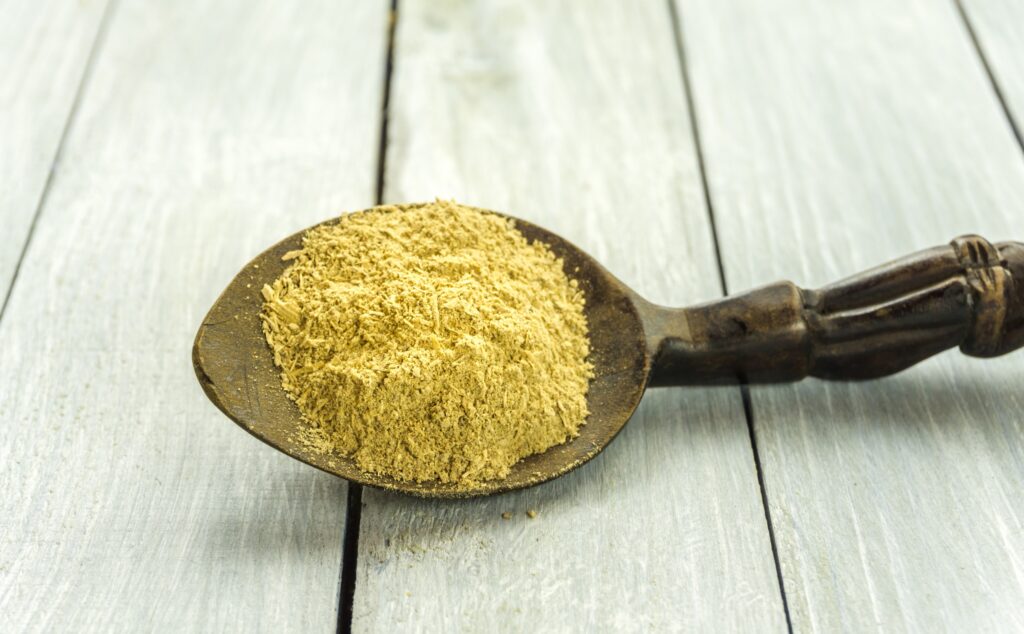Kava, a natural supplement derived from the roots of the kava plant, has been used for centuries in traditional medicine practices throughout the Pacific Islands. Its popularity as a natural remedy for anxiety, stress, and insomnia has grown in recent years, but there are concerns about its potential for addiction.
Kava contains active compounds called kavalactones that interact with neurotransmitter receptors in the brain, including GABA-A and dopamine receptors. These receptors play crucial roles in regulating mood, anxiety, and reward. Kava has been found to have calming and relaxing effects that help to reduce anxiety and promote sleep. However, concerns about its potential for addiction have arisen due to its ability to interact with these receptors.
There have been reports of liver toxicity associated with kava use, but the risk of this side effect is thought to be relatively low and may be related to the quality or dosage of the supplement. In terms of its potential for addiction, the evidence is mixed.

Kava powder is a natural supplement from a kava plant
A study published in the Journal of Ethnopharmacology found that kava had similar effects on the brain as benzodiazepines, which are known to be addictive. Specifically, the study found that kava increased GABA-A receptor activity, which is also a target of benzodiazepines. However, the study did not find evidence of withdrawal symptoms or other signs of addiction.
On the other hand, a review of the literature on kava published in the Journal of Clinical Psychopharmacology concluded that there was no evidence of addiction or dependence associated with kava use. The review found that while kava could have anxiolytic effects similar to benzodiazepines, there was no evidence of withdrawal symptoms or other signs of addiction. The authors noted that the risk of addiction was likely low, and that kava was a safe and effective treatment for anxiety.
It is possible that some individuals may be more susceptible to addiction than others, regardless of the type of herb or supplement they are using. Nothing truly points to kava being addictive itself. In fact, studies actually point in the other direction.
In terms of liver toxicity, a number of studies have investigated the potential risks associated with kava use. A review published in the Journal of Toxicology and Environmental Health concluded that there was no clear evidence of liver toxicity associated with kava use when taken at recommended doses. However, the review noted that some studies have reported cases of liver toxicity, particularly when kava was used in high doses or for prolonged periods of time.
Another study published in the journal Phytotherapy Research found that kava may have hepatoprotective effects, meaning it may actually protect the liver from damage. The study found that kava increased levels of glutathione, an antioxidant that plays an important role in liver function, and may have protective effects against liver damage caused by toxins.
Overall, while there is conflicting evidence regarding kava’s potential for addiction, it is clear that the quality of kava is important. In addition, individuals should be aware of their tolerances and start out slow like they would with any new product. Kava use and should only take the supplement at recommended doses.




